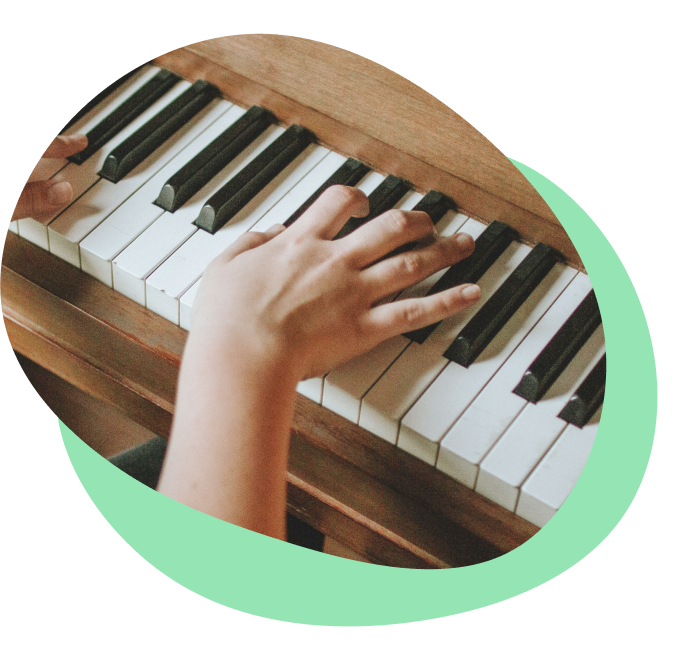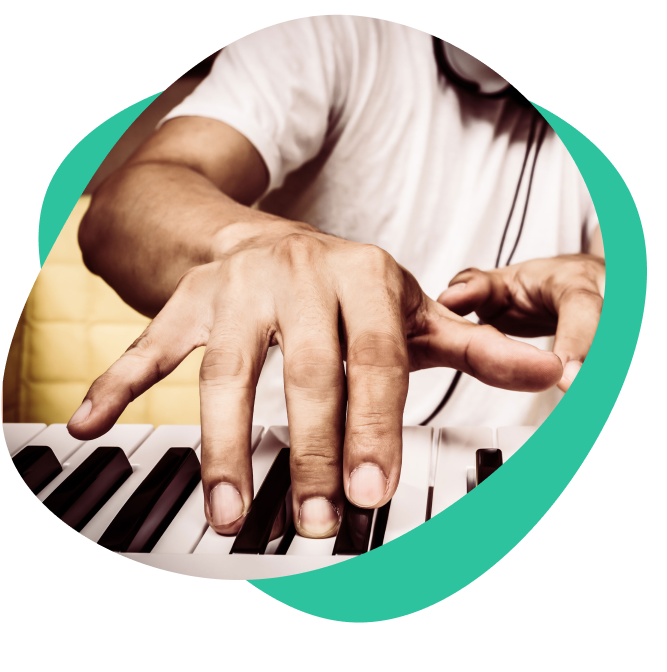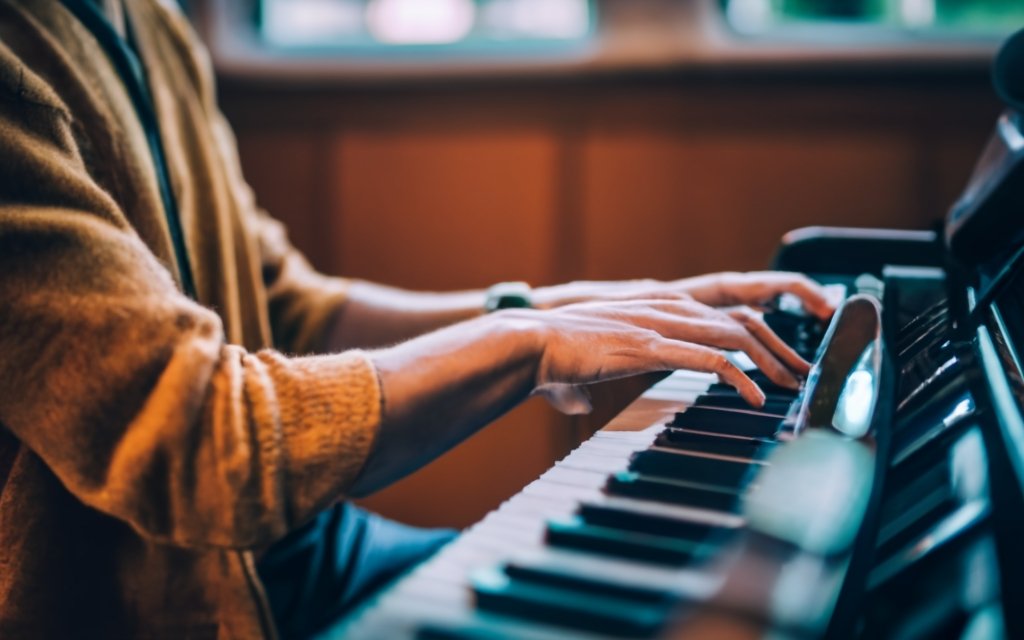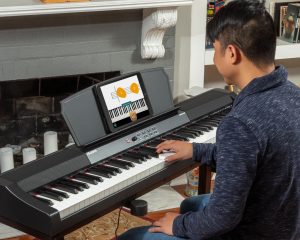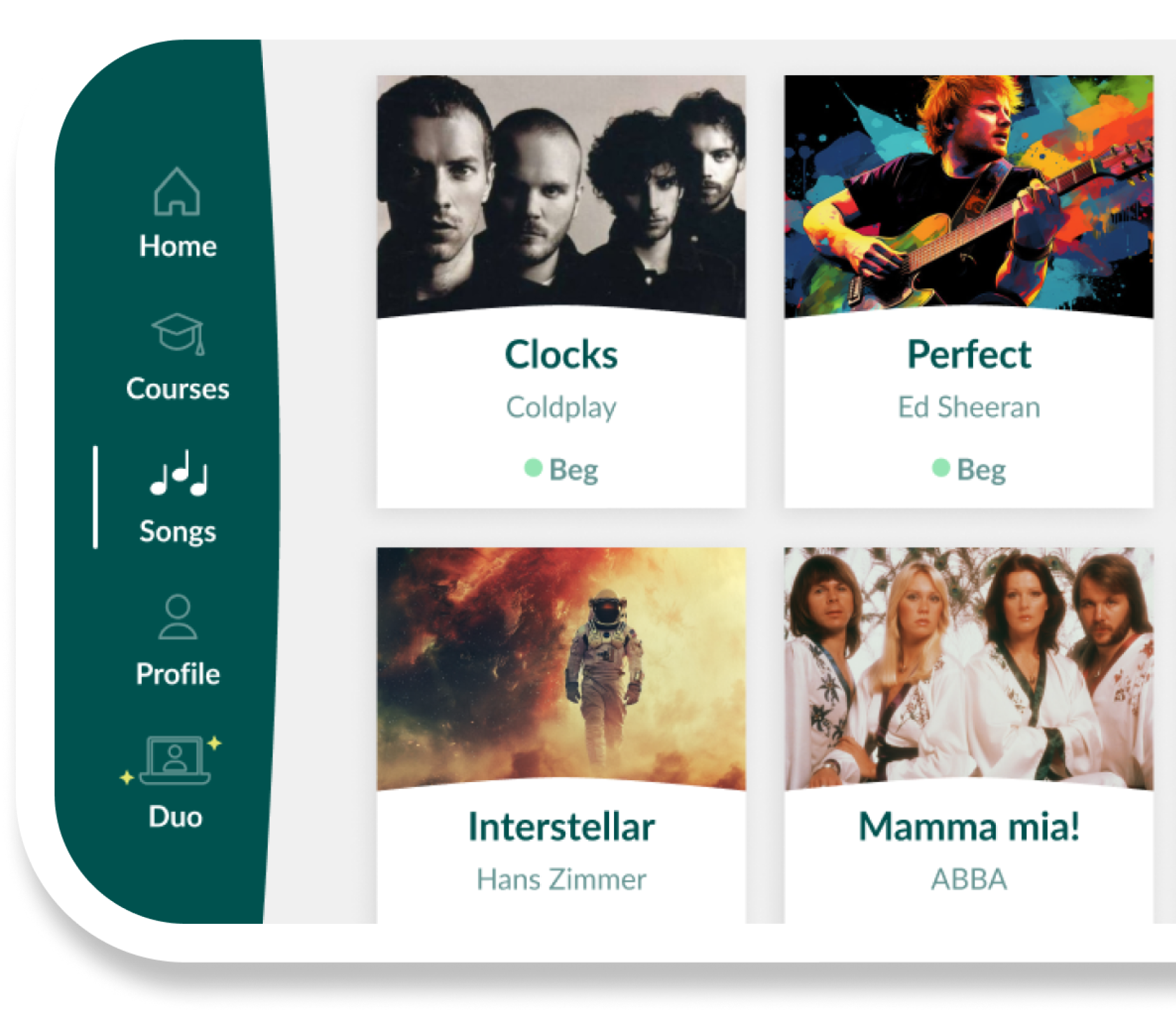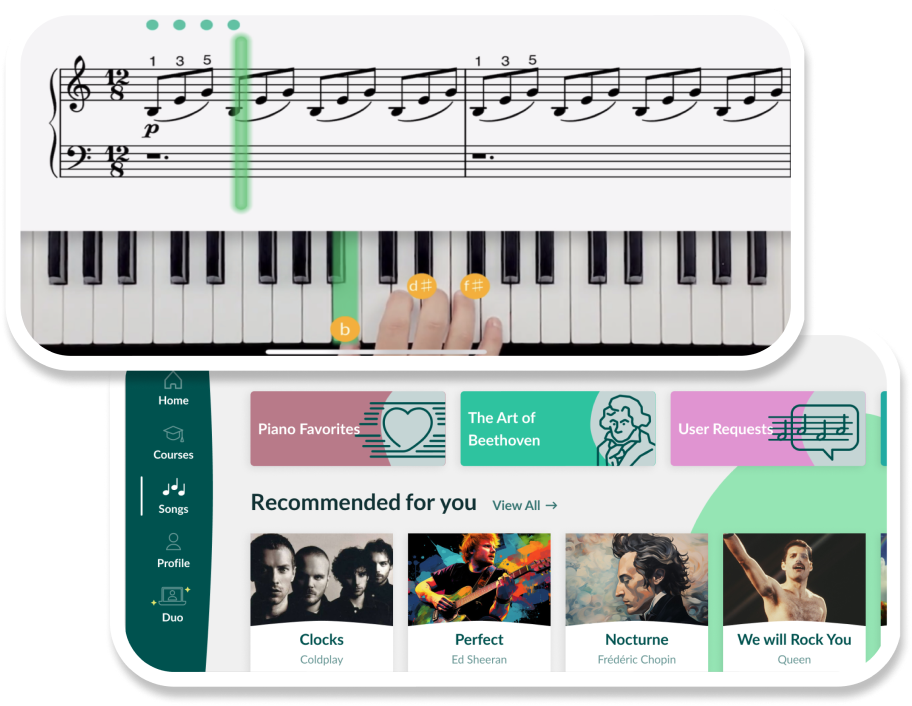Improvisation on the piano is not reserved for the seasoned professionals; it’s a journey that beginners can embark on too. Whether you’re looking to switch off from the daily grind, explore new experiences, or express your inner romantic, learning to improvise on the piano can be a fulfilling endeavor.
In this guide, we’ll explore how to improve improvisation skills on the piano, tailored specifically for beginners. We’ll break down the process into manageable steps, ensuring that each concept is clear, concise, and easy to grasp. So, let’s dive into the world of piano improvisation and unlock the creative potential that lies within your fingertips.
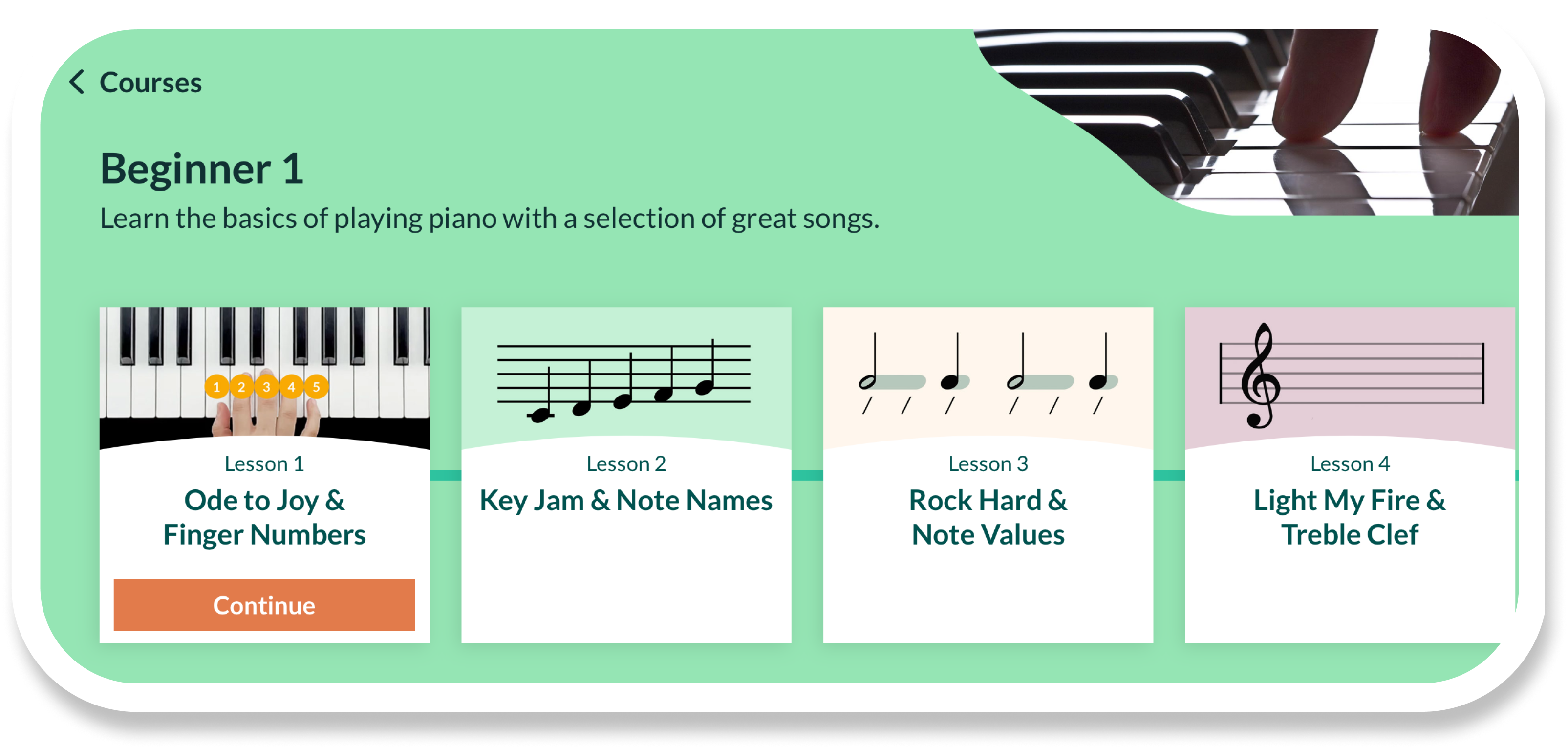
Understanding the basics of piano improvisation
Before diving into the techniques, it’s crucial to understand what piano improvisation entails. Improvisation on the piano is the art of spontaneously creating music as you play. It’s about expressing your emotions and ideas through the keys, without being bound strictly to piano sheet music. This form of creative freedom allows for a personal touch in each performance, making every rendition unique.
For many, the appeal of improvisation lies in its ability to transform piano playing from a structured activity into a form of personal expression. It’s a way to break free from the confines of written music and explore your creative boundaries. Improvisation can also be a therapeutic tool, helping to relax and de-stress, as it encourages mindfulness and presence in the moment.
Piano improvisation for beginners
- Familiarize yourself with the keyboard: The first step in learning piano improvisation is to get comfortable with the piano keyboard. Understand the layout of the piano keys, the difference between major and minor scales, and how chords are formed. This foundational knowledge is crucial for improvisation.
- Start with simple scales and chords: Begin your improvisation journey with simple scales and chords. Practice major and minor scales and learn basic chord progressions. These elements are the building blocks of music and will provide a solid foundation for your improvisation skills.
- Listen and learn from the masters: While improving your improvisation skills, you might draw inspiration from some of the best piano solos ever played, which showcase the emotional power and technical prowess of great pianists. Pay attention to how they phrase their melodies, use rhythm, and how they express emotion through their playing. This can provide inspiration and insight into different improvisational styles.
Developing your improvisational techniques
- Experiment with rhythms and patterns: Improvisation is not just about the piano notes you play, but also about the rhythm and patterns you create. Experiment with different rhythmic patterns and syncopations. Play around with the timing of notes to add interest and variety to your improvisation.
- Explore different musical styles: Don’t limit yourself to one genre. Exploring different musical styles can greatly enhance your improvisational skills. Whether it’s jazz, blues, classical, or pop, each style can offer unique perspectives and techniques that you can incorporate into your playing.
- Use the entire range of the piano: The piano offers a vast range of notes – use them! Don’t confine your improvisation to the middle octaves. Experiment with high and low notes to add depth and dimension to your music.
Advanced tips for improving piano improvisation
- Incorporate dynamics and articulation in music: As you grow more comfortable with improvisation, start paying attention to dynamics (loudness or softness) and articulation in music (the way notes are played). These elements can dramatically change the mood and feel of your improvisation, adding layers of emotion and complexity.
- Practice regularly and record sessions: Consistent practice is key to improving any skill, and improvisation is no exception. Set aside regular time for practice and record your sessions. Listening back can provide valuable insights into your playing style and areas for improvement.
- Challenge yourself with new techniques: Always look for ways to push your boundaries. Try incorporating new techniques, such as playing with different hand positions, using pedal effects, or experimenting with modal scales. These challenges will keep your practice sessions fresh and exciting.
Unleashing your creative potential on the piano
Remember, the path to becoming proficient in piano improvisation is as much about the process as it is about the outcome. Embrace each step, from understanding the basics to experimenting with advanced techniques. Utilize resources like Skoove to guide you, but also trust in your personal exploration and expression.
As you continue on this musical journey, keep in mind that improvisation is a skill that flourishes with practice, patience, and passion. Whether you’re playing for relaxation, self-expression, or to entertain others, the ability to improvise on the piano will enrich your musical experience and provide endless opportunities for personal growth and enjoyment.
Author of this blog post:

Eddie Bond is a multi-instrumentalist performer, composer, and music instructor currently based in Seattle, Washington USA. He has performed extensively in the US, Canada, Argentina, and China, released over 40 albums, and has over a decade experience working with music students of all ages and ability levels.




